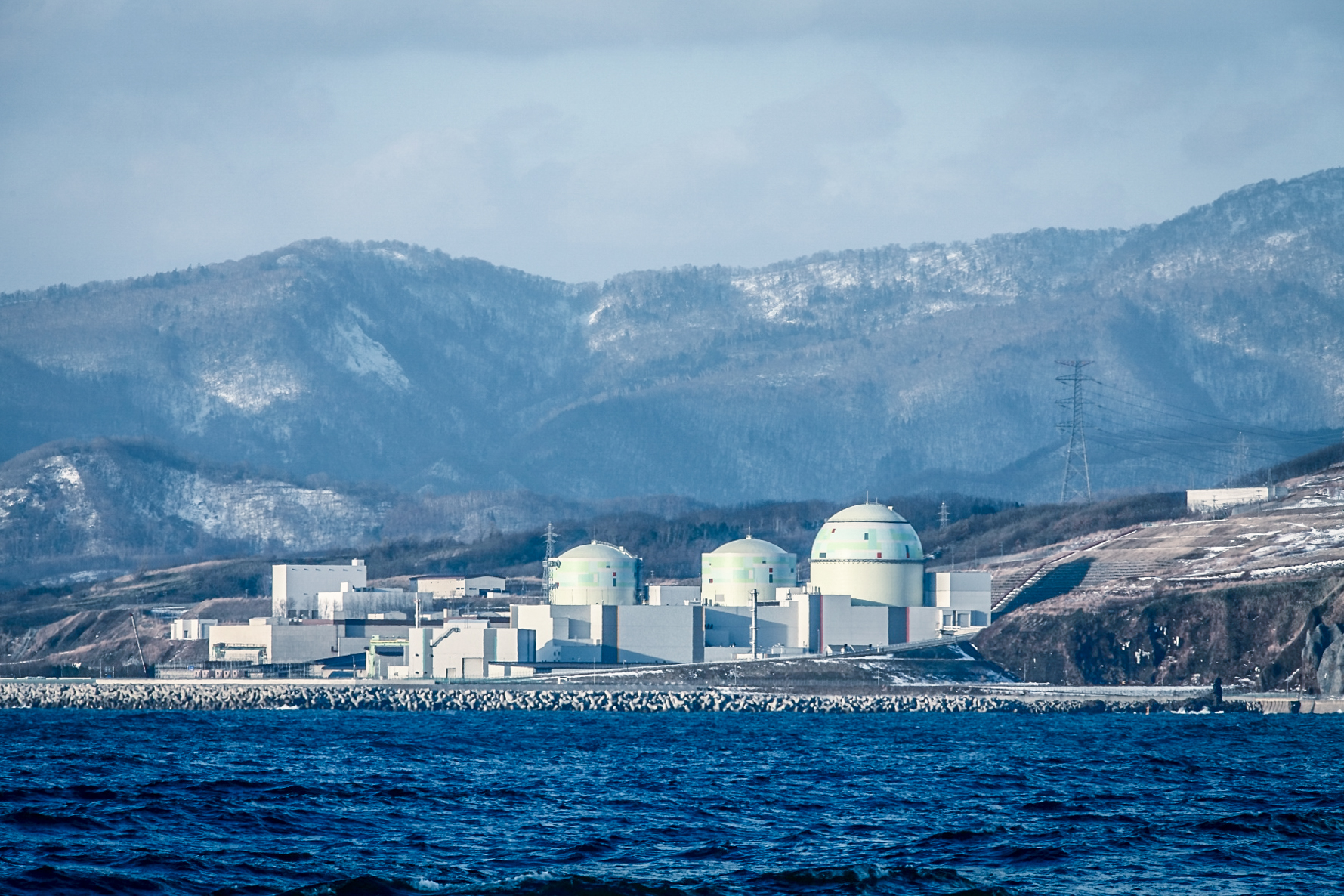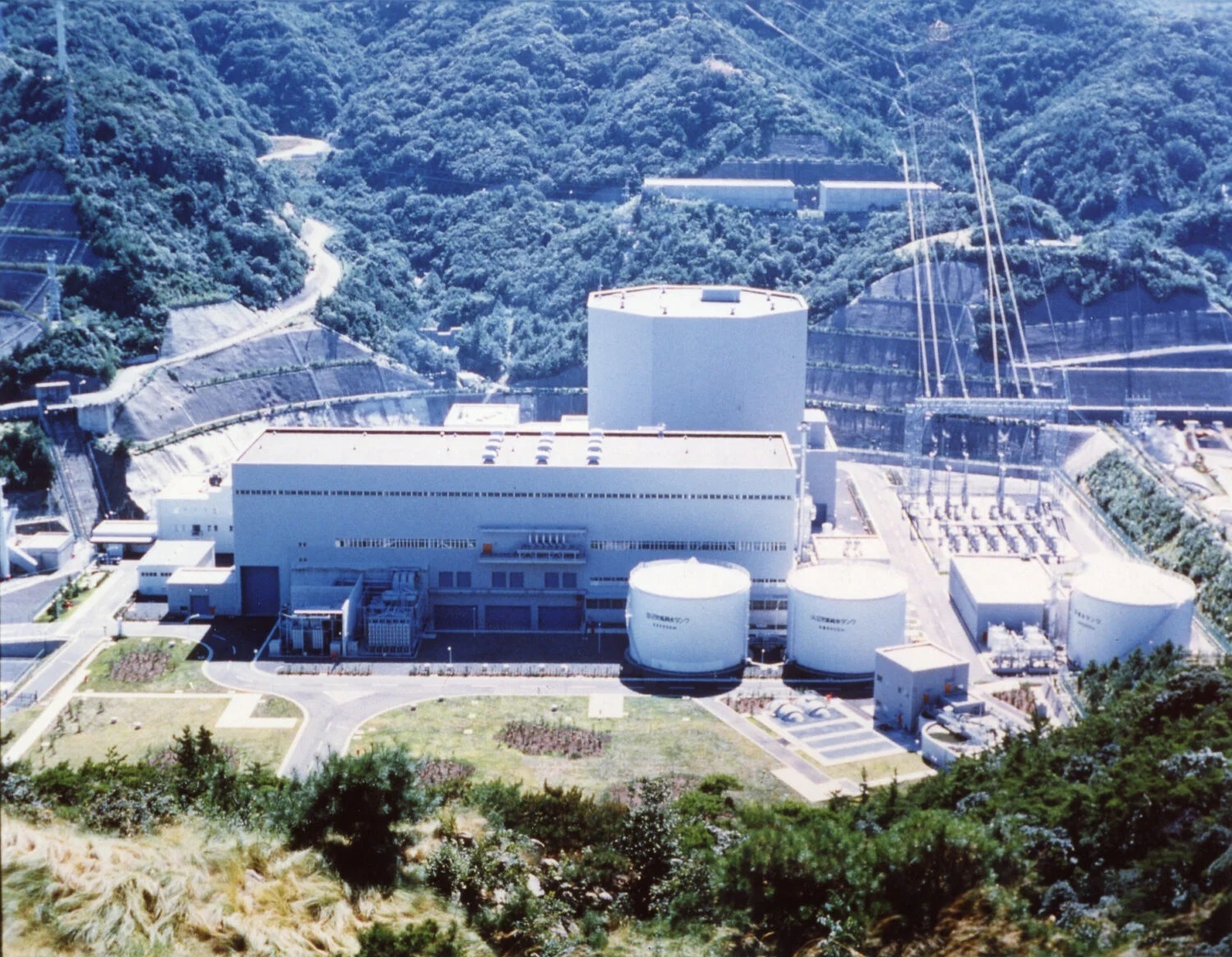The legislation, enacted in May 2023, comprises amendments to five laws and was introduced to ensure stable power supply while promoting the use of carbon-neutral power sources.
Amendments to the Electricity Business Act and the Reactor Regulation Act, related to nuclear power, have effectively allowed operation beyond 60 years. Regulations governing nuclear power plant operational periods, originally limited to 40 years with a one-time extension of up to 20 years under the previous Reactor Regulation Act, have now shifted to provisions in the Electricity Business Act. This shift clarifies that the limitation is based on utilization policy rather than safety regulations, addressing misconceptions about the safety of aging reactors and highlighting the importance of these legislative amendments.
While the principle of a 40-year operation period with a maximum of 60 years remains, periods of suspension due to unforeseen circumstances—such as new regulatory standard reviews or judicial decisions—will now be excluded from the operational period count. For instance, Kansai Electric Power’s Takahama-1 (PWR, 826 MW), inactive for approximately 12.5 years due to regulatory reviews, could continue operations until around 2047, about 72 years after its initial start-up.
Meanwhile, safety regulations for aging reactors have been tightened. Reactors exceeding 30 years of operation are now required to establish a “Long-Term Facility Management Plan” every 10 years, subject to approval by the Japan’s Nuclear Regulation Authority.
The nuclear industry has welcomed these regulatory updates, viewing them as critical for maximizing reactor utilization under strict safety conditions and aligning with the “S+3E” principles.



-013.jpg)

-049.jpg)
.jpg)















